Nordlinger - Peace, they say: a history of the Nobel Peace Prize, the most famous and controversial prize in the world
Here you can read online Nordlinger - Peace, they say: a history of the Nobel Peace Prize, the most famous and controversial prize in the world full text of the book (entire story) in english for free. Download pdf and epub, get meaning, cover and reviews about this ebook. City: London;New York, year: 2012, publisher: Encounter Books, genre: Art. Description of the work, (preface) as well as reviews are available. Best literature library LitArk.com created for fans of good reading and offers a wide selection of genres:
Romance novel
Science fiction
Adventure
Detective
Science
History
Home and family
Prose
Art
Politics
Computer
Non-fiction
Religion
Business
Children
Humor
Choose a favorite category and find really read worthwhile books. Enjoy immersion in the world of imagination, feel the emotions of the characters or learn something new for yourself, make an fascinating discovery.
- Book:Peace, they say: a history of the Nobel Peace Prize, the most famous and controversial prize in the world
- Author:
- Publisher:Encounter Books
- Genre:
- Year:2012
- City:London;New York
- Rating:5 / 5
- Favourites:Add to favourites
- Your mark:
Peace, they say: a history of the Nobel Peace Prize, the most famous and controversial prize in the world: summary, description and annotation
We offer to read an annotation, description, summary or preface (depends on what the author of the book "Peace, they say: a history of the Nobel Peace Prize, the most famous and controversial prize in the world" wrote himself). If you haven't found the necessary information about the book — write in the comments, we will try to find it.
In this book, Jay Nordlinger gives a history of what the subtitle calls the most famous and controversial prize in the world. The Nobel Peace Prize, like the other Nobel prizes, began in 1901. So we have a neat, sweeping history of the 20th century, and about a decade beyond. The Nobel prize involves a first world war, a second world war, a cold war, a terror war, and more. It contends with many of the key issues of modern times, and of life itself.
It also presents a parade of interesting peoplemore than a hundred laureates, not a dullard in the bunch. Some of these laureates have been historic statesmen, such as Roosevelt (Teddy) and Mandela. Some have been heroes or saints, such as Martin Luther King and Mother Teresa. Some belong in other categorieswhere would you place Arafat? Controversies also swirl around the awards to Kissinger, Gorbachev, Gore, and Obama, to name just a handful.
Probably no figure in this book is more interesting than a...
Nordlinger: author's other books
Who wrote Peace, they say: a history of the Nobel Peace Prize, the most famous and controversial prize in the world? Find out the surname, the name of the author of the book and a list of all author's works by series.

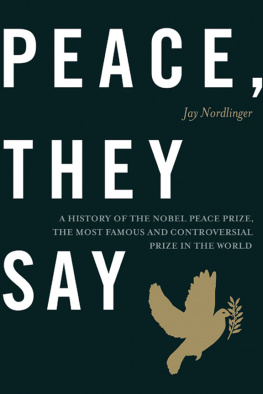

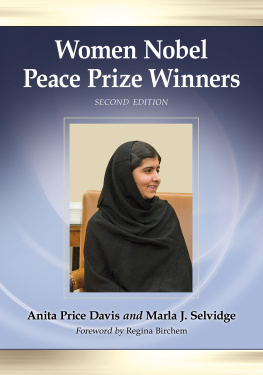
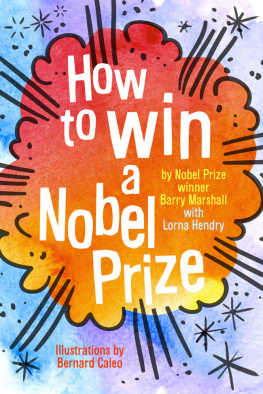
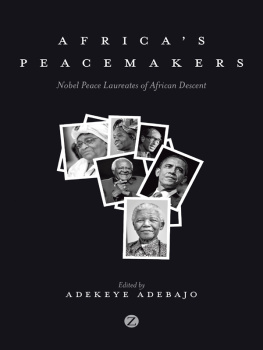
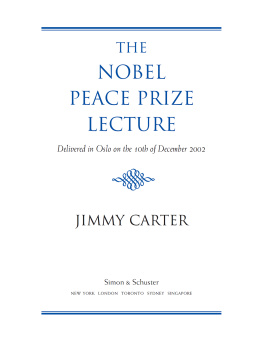
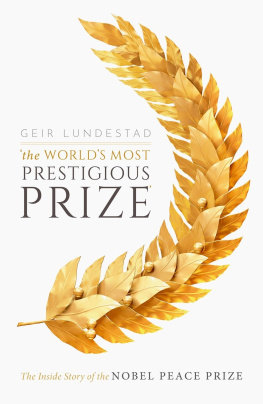
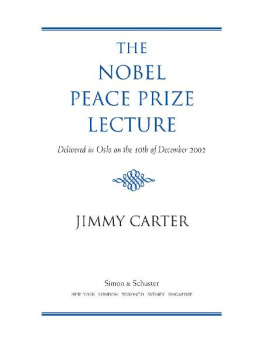
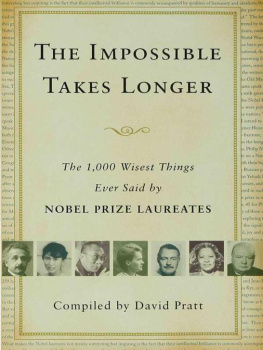













 INTRODUCTION
INTRODUCTION